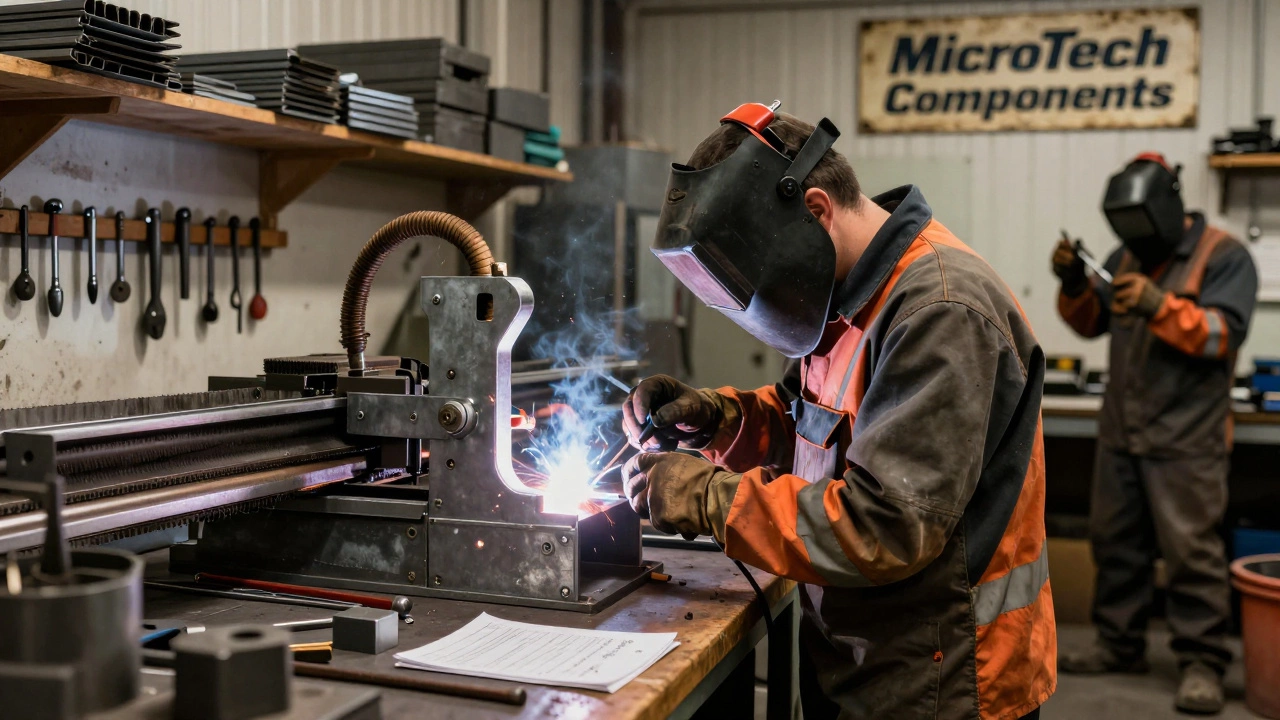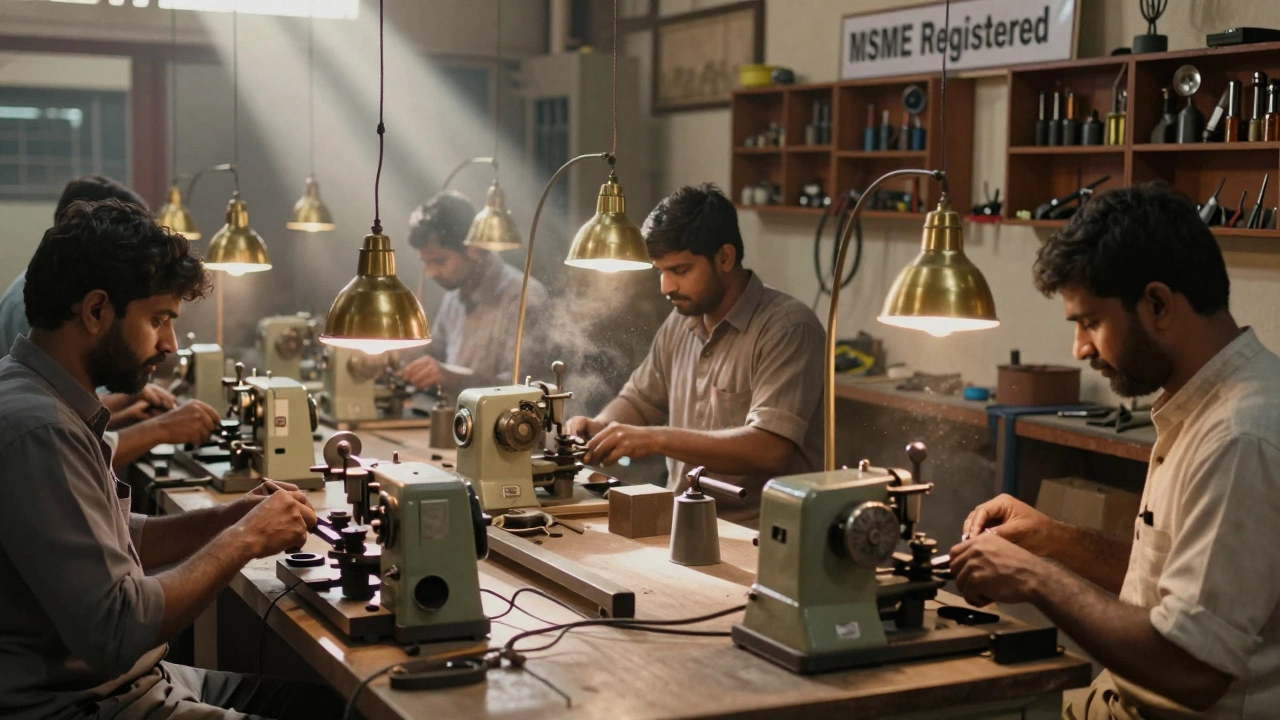Small Scale Manufacturing: How to Grow Your Business Locally
Ever wondered why big companies keep talking about “small batch” or “local production”? It’s not just a buzzword. Small scale manufacturing lets you test ideas fast, keep costs low, and stay close to customers. Think of a food processor turning fresh sauces in a 200‑liter vat or a local metal shop making custom brackets for a building project. You get control, flexibility, and the chance to adapt before you spend big money.
Unlike giant factories that need miles of floor space, a small operation can fit in a warehouse corner or even a garage. You’ll need less equipment, fewer staff, and a tighter supply chain. That means you can start with a modest investment and still compete on quality. Many of the posts on our site, like the food processing sequence or the plastic decomposition guide, show how niche markets thrive when they focus on specific, manageable volumes.
Why Small Scale Manufacturing Works
First, you can respond to market changes in days, not months. If a new flavor of snack becomes popular, a small batch line can pivot quickly, unlike a huge plant locked into long‑term molds. Second, you keep overhead low. Renting a 1,000‑sq‑ft space costs far less than a 100,000‑sq‑ft plant, and you avoid big utility bills.
Third, customers love the story behind locally made goods. Whether it’s a handcrafted steel part for a home renovation or a limited‑edition electronic gadget, the “made close to home” label builds trust. Finally, regulations often favor smaller producers. You’ll face fewer compliance hurdles than large manufacturers, which means faster approvals and smoother launches.
Tips to Start Your Own Small Production Line
Start with a clear product idea and map out every step—from raw material to finished good. Use the 7‑step manufacturing guide as a checklist: design, sourcing, prototyping, testing, scaling, quality control, and delivery. Keep your equipment simple: a CNC router for metal parts, a small dryer for food items, or a 3‑D printer for plastic prototypes.
Find suppliers that can handle low volumes. Many local distributors offer flexible terms for SMEs. Build relationships, ask for sample runs, and negotiate minimum orders that match your capacity. Don’t forget to set up a basic quality system—simple checklists can catch defects before they reach customers.
Invest in training. Even a tiny crew can become a skilled team if you teach them the basics of safety, equipment maintenance, and lean processes. Use online tutorials or short workshops to keep skills sharp.
Finally, market your product early. Share behind‑the‑scenes photos, tell the story of why you chose a small scale approach, and invite feedback. Social media, local fairs, and niche forums are great places to start. The more engaged your audience, the easier it is to sell the first few batches and get the cash flow you need to grow.
Small scale manufacturing isn’t a fallback—it’s a smart strategy for innovators who want speed, flexibility, and a close connection to their market. Start small, stay focused, and watch your business lift off.





